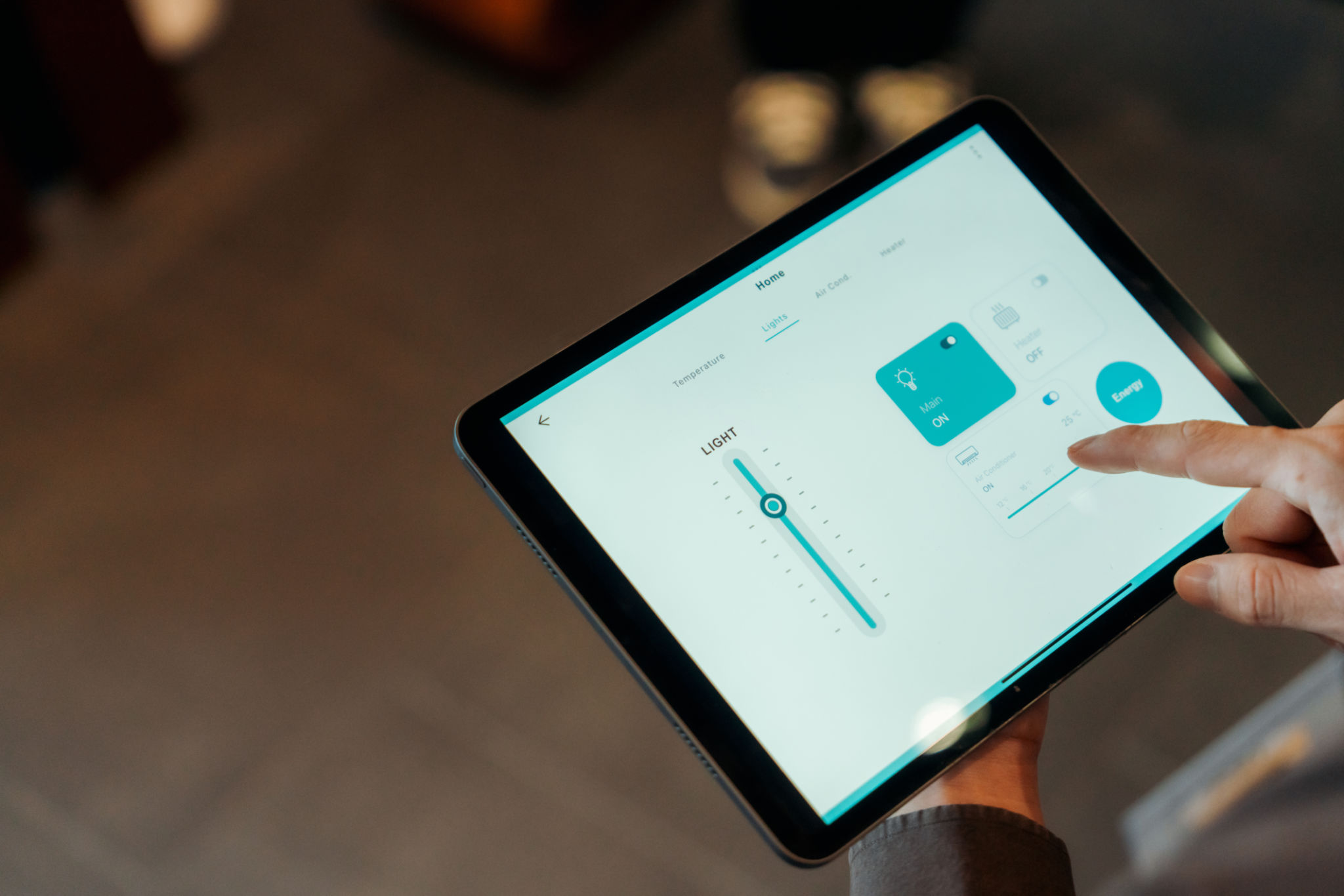How to Troubleshoot Common Appliance Issues Before Calling a Pro
IA
Introduction
Appliances are essential components of our daily lives, making chores easier and more efficient. However, when they malfunction, it can be frustrating. Before you call a professional, there are several troubleshooting steps you can take to potentially resolve the issue yourself.
Check the Power Supply
One of the most common reasons an appliance might not work is a lack of power. Ensure that the appliance is plugged in properly and that the outlet is functioning. You can test the outlet by plugging in another device to see if it works.
For appliances with a reset button, such as a garbage disposal, try pressing it to see if it resolves the issue. If the appliance is on a circuit breaker, check to see if it has tripped and reset it if necessary.

Inspect for Obstructions
Appliances like dishwashers and washing machines can sometimes become obstructed. Open the appliance and check for any items that may be blocking normal operation. Remove any debris or foreign objects that could be causing a problem.
For washing machines, ensure that the load is balanced. An unbalanced load can cause the machine to stop mid-cycle. Redistribute the clothes evenly and try running the cycle again.
Examine Filters and Vents
Clogged filters and vents can lead to performance issues and potential damage. Regularly clean or replace filters in appliances such as dryers, air conditioners, and vacuum cleaners.

For dryers, ensure that the vent is clear of lint buildup, as this can not only affect efficiency but also pose a fire hazard. Use a vacuum or a vent cleaning kit to remove any blockages.
Look for Leaks
Leaks are common in appliances like refrigerators, dishwashers, and washing machines. Inspect hoses and connections for any visible signs of leakage. Tighten or replace components as necessary.
If you notice water pooling around the appliance, check seals and gaskets for wear and tear. These are often inexpensive and easy to replace.

Listen for Unusual Noises
Strange noises can indicate a problem with moving parts. For appliances like refrigerators and dishwashers, listen for unusual sounds that might suggest an issue with the motor or other components.
If you identify the source of the noise, consult the manufacturer's manual for guidance on how to address it or determine if professional assistance is required.
Conclusion
Troubleshooting common appliance issues can save you time and money. By following these simple steps, you might be able to resolve the problem without the need for professional intervention.
However, if you are unable to fix the issue or if the appliance requires complex repairs, do not hesitate to contact a professional technician. They have the expertise and tools to safely and effectively handle more serious problems.